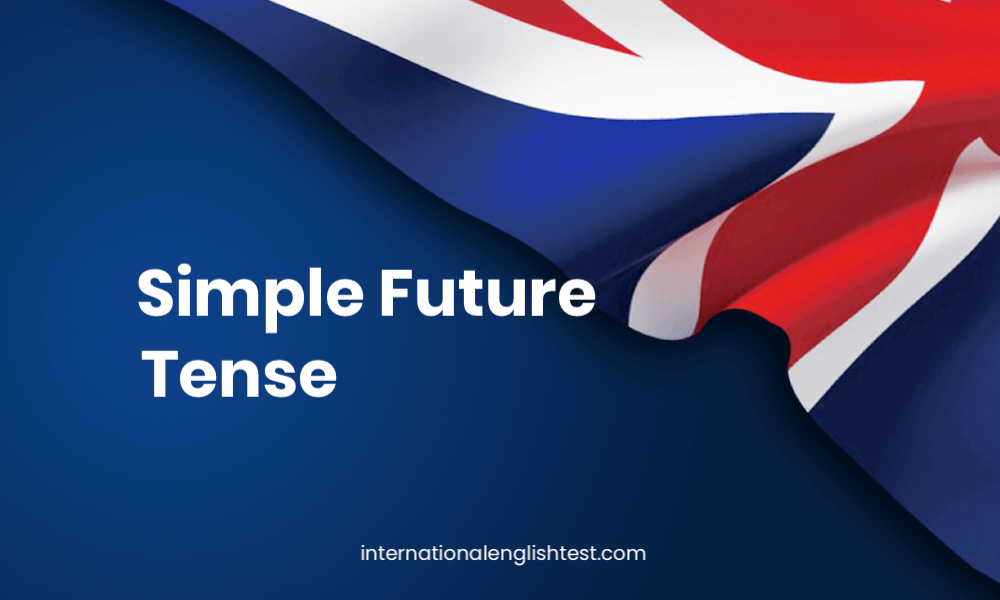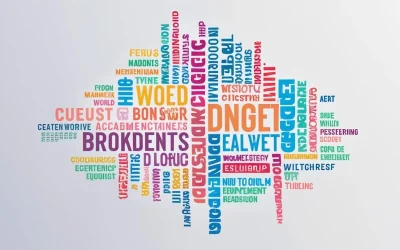Functions of the simple future tense
The simple future refers to a time later than now, and expresses facts or certainty. In this case there is no ‘attitude’.
The simple future is used:
- To predict a future event:
It will rain tomorrow. - With I or We, to express a spontaneous decision:
I’ll pay for the tickets by credit card. - To express willingness:
I’ll do the washing-up.
He’ll carry your bag for you. - In the negative form, to express unwillingness:
The baby won’t eat his soup.
I won’t leave until I’ve seen the manager! - With I in the interrogative form using “shall”, to make an offer:
Shall I open the window? - With we in the interrogative form using “shall”, to make a suggestion:
Shall we go to the cinema tonight? - With I in the interrogative form using “shall”, to ask for advice or instructions:
What shall I tell the boss about this money? - With you, to give orders:
You will do exactly as I say. - With you in the interrogative form, to give an invitation:
Will you come to the dance with me?
Will you marry me?
Note:In modern English will is preferred to shall. Shall is mainly used with I and we to make an offer or suggestion, or to ask for advice (see examples above). With the other persons (you, he, she, they) shall is only used in literary or poetic situations, e.g. “With rings on her fingers and bells on her toes, She shall have music wherever she goes.”
What is your English level?
Find out your A1 A2 B1 B2 C1 C2 level of English with our online test and receive your English certificate.
Forming the simple future
The simple future tense is composed of two parts: will / shall + the infinitive without to
| Subject | +will | +infinitive without “to” |
|---|---|---|
| Affirmative | ||
| I | will | go |
| I | shall | go |
| Negative | ||
| They | will not | see |
| They | won’t | see |
| Interrogative | ||
| Will | she | ask? |
| Interrogative negative | ||
| Won’t | they | try? |
Contractions
I will = I’ll
We will = we’ll
You will = you’ll
He will = he’ll
She will = she’ll
They will = they’ll
Will not = won’t
The form “it will” is not normally shortened.
To see: simple future tense
| Affirmative | Negative | Interrogative | Interrogative negative |
|---|---|---|---|
| I will see | I won’t see | Will I see? | Won’t I see? |
| *I shall see | *Shall I see? | ||
| You will see | You won’t see | Will you see? | Won’t you see? |
| He will see | He won’t see | Will he see? | Won’t he see? |
| We will see | We won’t see | Will we see? | Won’t we see? |
| *We shall see | *Shall we see? | ||
| They will see | They won’t see | Will they see? | Won’t they see? |
*Shall is dated, but it is still commonly used instead of “will” with the affirmative or interrogative forms of I and we in certain cases (see above).
Are you C1 Advanced English?
Get your C1 Advanced English certificate now!
✓ Add your certificate to your resume
⭐ ⭐ ⭐ ⭐ ⭐
I am Nilay, an experienced English Language Assessment Director at the International English Test, where I have been working full-time since February 2020. I specialize in helping people worldwide validate their English proficiency through comprehensive assessments and certifications.
Before joining the International English Test, I worked as a self-employed English Language Assessment Consultant from January 2015 to December 2019. During this time, I assisted companies and individuals in improving their language skills, helping them achieve their academic and professional goals.
I hold a degree in Engineering and have also studied at Shafston International College in Australia. My educational background has equipped me with the tools to make a meaningful impact in the field of English language learning. Additionally, I enjoy sharing my expertise through articles that explore effective teaching methods and language assessment strategies, contributing to the International English Test and the broader assessment community.





